Galileo Galilee
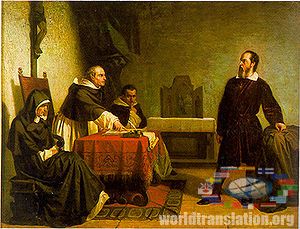
As you know, a very long time the scientific world claimed that the Earth is the center of the universe. There was no evidence for this theory, and they were completely relying on blind faith. In this context science is not much different from religion.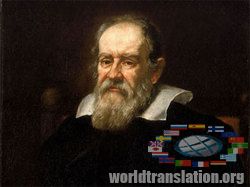 Galileo lived in that period of history . From childhood he was interested in mathematics. Later, he received his education and became a professor of natural sciences. He made changes to the telescopes and even invented his own, which was better than its predecessors. Galileo discovered several laws of inertia. He succeeded with his telescope to open the four satellites of Jupiter. Roman colleagues accepted these discoveries of Galileo.
Galileo lived in that period of history . From childhood he was interested in mathematics. Later, he received his education and became a professor of natural sciences. He made changes to the telescopes and even invented his own, which was better than its predecessors. Galileo discovered several laws of inertia. He succeeded with his telescope to open the four satellites of Jupiter. Roman colleagues accepted these discoveries of Galileo.
But not all the discoveries of Galileo were so smooth. The Catholic church rejects the Galilee's allegation, that everything exists in it certain laws, the majority of which people have not yet discovered.
Over time, the scientific world joined to the view of the church. Scholars have argued that it is not impossible to draw conclusions on the basis of what is visible in telescopes because they can distort reality. One of the bishops, even claimed that the stars which were visible in the telescope, were optical illusions, and in fact Galileo put something in the lens. Galileo saw the mountain on the Moon through the telescope, and made a conclusion that the celestial bodies can not be spheres. But the priests protested this, they said that the moon is in the crystal, and if the mountains and visible, they are inside a glass ball.
Stumbling on the works of Nicholas Copernicus, Galileo succeeded in proving his theory that the Earth revolves around the Sun. By this he caused on himself political, scientific and religious persecutions.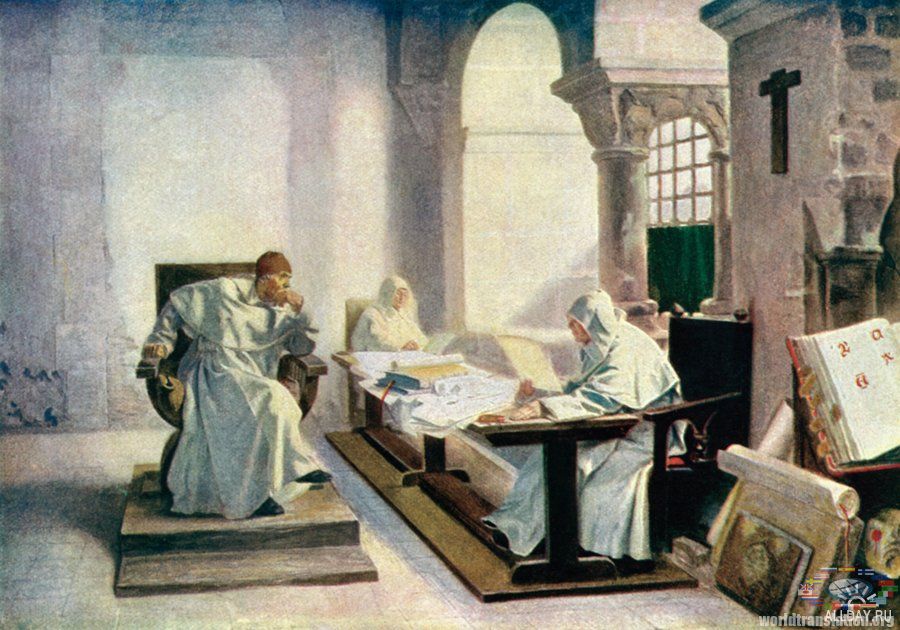
Position of the church was twofold. On the one hand, they did not accept the views of Copernicus, but use his discoveries to calculate the dates, for example, Easter. A Church officially accepted the theory of Aristotle, that the Earth is the center of our universe.
Scientists also used the discoveries of Copernicus, but did not officially accept them, they were afraid an oppression of Catholic Church.
Unlike them, Galilee on the contrary tried to attract the public to the discoveries of Copernicus. He wrote in Italian, that ordinary people can understand his discoveries and the discoveries of Copernicus. The Catholic Church began to accuse Galileo that he blasphemes and disputes the Bible.
Galilee argued with the bishops, and convince them that God's Word does not teach what is the structure of heavens, it only tells us how to go to heaven. It was a conflict with the Catholic Church, which ended only after 350 years, when the church has officially accepted it wrongfulness.
In 1623, the situation has changed for Galileo. Pope Urban VIII сame to power. He was a thinking man, and sympathized Galileo. This led to the fact that Galilee got an audience with Pope.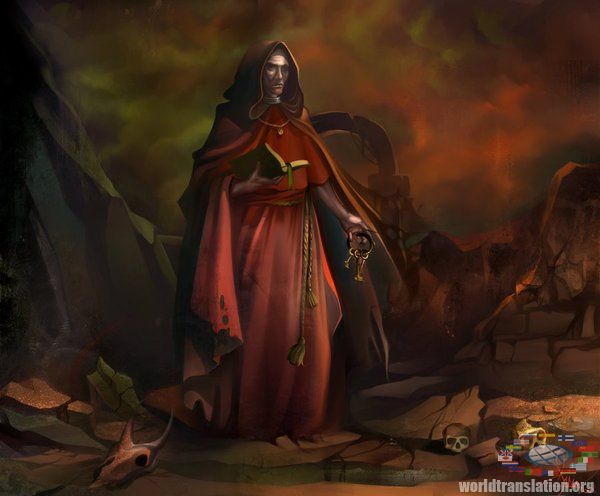 In 1632, the publication of a book by Galileo, but, strangely enough, right after that, Pope stops to admire a scientist. And another wave of Inquisition crashed on Galileo. Seventy years Galileo was accused in conspiracy, due to which the book was released. In his defense Galilee said that in the book, he criticizes prohibited discoveries of Copernicus. But in fact, in the book Galilee brought the proofs of the Copernican theory. Therefore, all the justifications of Galileo were useless.
In 1632, the publication of a book by Galileo, but, strangely enough, right after that, Pope stops to admire a scientist. And another wave of Inquisition crashed on Galileo. Seventy years Galileo was accused in conspiracy, due to which the book was released. In his defense Galilee said that in the book, he criticizes prohibited discoveries of Copernicus. But in fact, in the book Galilee brought the proofs of the Copernican theory. Therefore, all the justifications of Galileo were useless.
 As a result, under the threat of torture Galilee renounced of his discoveries, by declaring them heretical. There is a legend that after a public renunciation, Galilee stamped his foot and said the famous phrase: "And yet it moves!"
As a result, under the threat of torture Galilee renounced of his discoveries, by declaring them heretical. There is a legend that after a public renunciation, Galilee stamped his foot and said the famous phrase: "And yet it moves!"
Galileo was imprisoned for the rest of his days. He spent 9 years in prison until his death. After some time, the prohibition on the works of Galileo has been removed. In 1979, Pope John Paul II pleaded a guilty of the church toward Galilee.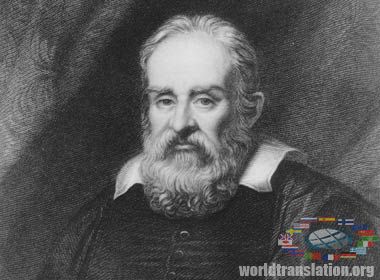 Unfortunately, due to the relationship of the church to the discoveries of scientists, many people do not consider the Bible a serious book. But, the people who read the Bible understand that what is written in it about our universe and the Earth, does not contradict the discoveries of Galileo and Copernicus, but rather confirms them.
Unfortunately, due to the relationship of the church to the discoveries of scientists, many people do not consider the Bible a serious book. But, the people who read the Bible understand that what is written in it about our universe and the Earth, does not contradict the discoveries of Galileo and Copernicus, but rather confirms them.
Atheist scientists refer to conflict of Galileo and the Church, as an example of how religion suppresses science. However, it is important to understand that the facts differ with incorrect interpretation of the Bible, not with the Bible itself. And in the case of Galileo, Catholics in the Middle Ages opposed to him the theory of Aristotle and not the Bible.